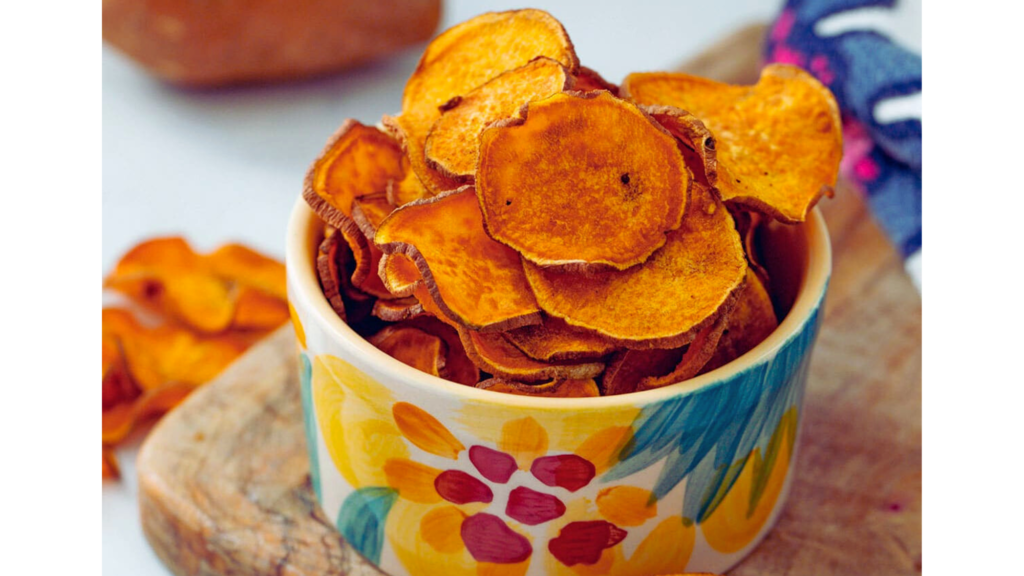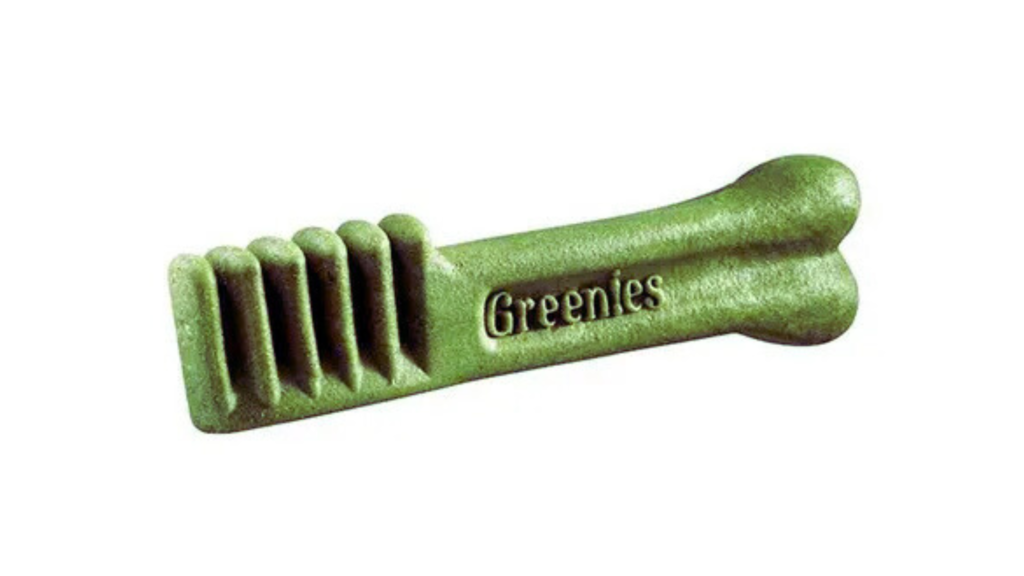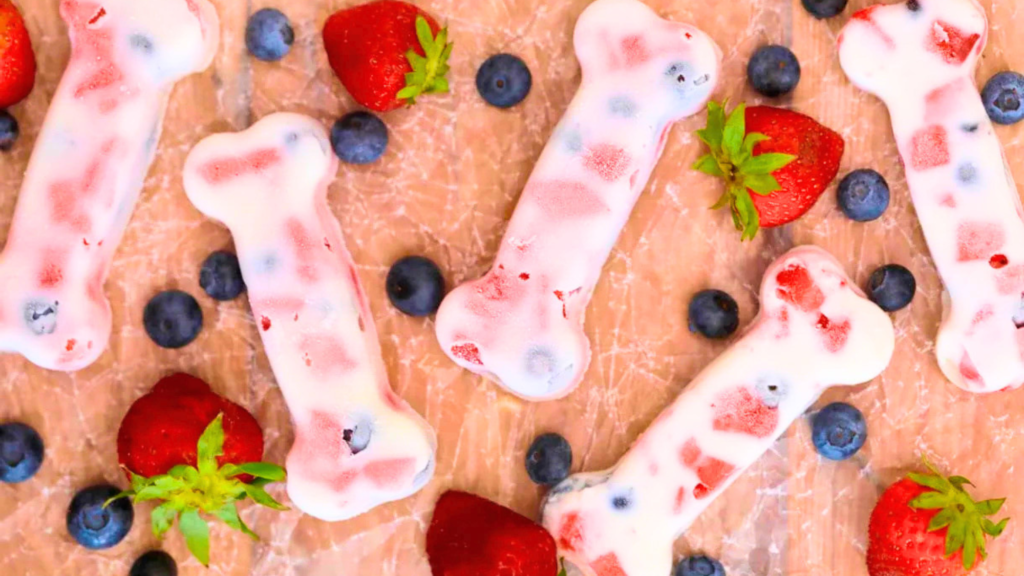| Summary: The best dog treats for your furry friend include natural treats like freeze-dried meats, dental treats such as Greenies, homemade treats using dog-safe ingredients, and low-calorie training treats for rewarding good behavior. Choosing the right dog treats depends on their nutritional value, ingredient quality, and specific health benefits, ensuring your pet stays happy and healthy. |
Dogs love treats, but not all treats are created equal. Many commercial dog treats contain low-quality ingredients, artificial preservatives, and excessive fats, which can lead to obesity and long-term health issues. So, what dog treats are good for dogs? As responsible pet owners, it’s essential to ensure that the treats we give to our dogs are not only enjoyable but also beneficial for their health. Find out what color collar looks best on a Rottweiler to complement their bold appearance and highlight their unique features.
High-quality treats provide essential nutrients, promote dental hygiene, and support training efforts without compromising overall wellness. With so many options available, it can be overwhelming to decide which treats are the best for your dog.
Some treats are designed for specific health benefits, such as improving digestion, while others serve as simple rewards for good behavior. Understanding the different types of dog treats, their benefits, and potential drawbacks will help you make an informed decision and keep your dog healthy and happy.
Blog Highlights
ToggleQuick Fix: Comparing Dog Treats
| Type | Best Options | Pros | Cons |
| Natural Treats | Freeze-dried meat, rawhide alternatives | ✔ High in protein, no additives | ✖ Can be expensive |
| Dental Treats | Greenies, Whimzees | ✔ Supports oral health, reduces bad breath | ✖ Some contain artificial flavors |
| Homemade Treats | Pumpkin & peanut butter biscuits | ✔ Control over ingredients, fresh & healthy | ✖ Requires preparation time |
| Training Treats | Zuke’s Mini Naturals, Blue Buffalo Bits | ✔ Low calorie, easy to chew | ✖ May contain some preservatives |
Why Healthy Dog Treats Are Important
1. Poor-Quality Treats Can Harm Your Dog
Many commercial dog treats are formulated with low-quality ingredients, including artificial preservatives, unhealthy fillers, and excessive fats. These treats may taste great to your dog, but they offer little to no nutritional value. Learn what size collar for a Rottweiler is ideal by following this detailed guide to ensure a perfect fit for your dog’s comfort and safety.
Over time, feeding your dog low-quality treats can contribute to weight gain, digestive issues, and even serious health problems like diabetes or heart disease. The presence of artificial dyes and chemical preservatives can also lead to allergic reactions and skin irritations in sensitive dogs.

Additionally, some dog treats contain high levels of salt and sugar, which can lead to long-term health risks. Treats that are too salty can contribute to high blood pressure, while excessive sugar intake can increase the risk of diabetes and dental problems. Many commercial treats are designed to be highly palatable, making it easy for pet owners to overfeed them, which can lead to obesity and related complications.
Choosing high-quality, nutritious treats ensures that your dog receives the benefits of snacking without the negative health consequences. By opting for natural, wholesome ingredients, you can help your dog maintain a healthy weight, strong teeth, and a robust immune system.
2. Treats Can Support Health & Training
Dog treats are more than just snacks; they play an important role in training, dental hygiene, and overall health maintenance. You can learn whether Dachshunds need special collars and find expert recommendations in this article: Do Dachshunds Need Special Collars.
Many pet owners use treats as positive reinforcement during training, making it easier to teach commands and reward good behavior. High-quality training treats should be low in calories and small in size, ensuring that they don’t interfere with your dog’s daily diet.

Beyond training, treats can also provide important health benefits. Some dog treats are formulated to promote better digestion, using ingredients like pumpkin or probiotics to support gut health. Others are designed to boost skin and coat health, containing omega-3 fatty acids that improve fur texture and reduce shedding. Additionally, dental treats can help reduce plaque buildup, freshen breath, and prevent gum disease.
By selecting nutritious treats, you can turn snack time into an opportunity to support your dog’s well-being. Rather than relying on heavily processed options, choosing treats with functional benefits will ensure that every bite contributes to your dog’s overall health and happiness.
3. Tailoring Treats to Your Dog’s Needs
Every dog has unique dietary requirements based on factors like age, breed, activity level, and existing health conditions. Smaller dogs often require softer, bite-sized treats, while larger breeds may need something more substantial to satisfy their chewing instincts. Find out the best collars for Cane Corsos to suit their unique needs.
Puppies, on the other hand, need nutrient-dense treats to support their growth and development, while senior dogs may require treats that are gentle on their teeth and joints.
Dogs with food allergies or sensitivities need special consideration when it comes to treats. Many commercial treats contain common allergens like wheat, soy, and dairy, which can cause digestive upset or skin reactions. Grain-free or limited-ingredient treats are a good option for dogs with sensitivities. If your dog has a history of weight gain, low-fat or low-calorie treats can help maintain a healthy body condition without compromising on taste.
Selecting treats that align with your dog’s specific needs ensures that they receive both enjoyment and health benefits. Always check ingredient labels, consult your veterinarian for recommendations, and consider your dog’s lifestyle and dietary preferences when choosing treats. Learn how to put a collar on a Husky with these practical tips.
What Dog Treats Are Good for Dogs?
1. Natural Treats
Natural dog treats are one of the best choices for pet owners looking for minimally processed, high-quality options. Unlike commercial treats that contain artificial additives, natural treats focus on pure, wholesome ingredients that provide essential nutrients.

Best Natural Treats:
- Freeze-Dried Meat – 100% pure chicken, beef, or fish, rich in protein and nutrients
- Sweet Potatoes – A great source of fiber, vitamins, and antioxidants
- Rawhide Alternatives – Made from natural beef tendons, yak chews, or bully sticks
Natural treats are often high in protein, which is essential for maintaining muscle mass, energy levels, and a shiny coat. Many pet owners prefer freeze-dried meats because they retain their nutritional value while being lightweight and easy to store.
While natural treats offer numerous benefits, they can also be more expensive than traditional commercial treats. However, investing in high-quality treats ensures that your dog receives better nutrition and fewer harmful additives.
2. Dental Treats
Dental health is often overlooked when selecting dog treats, but it is a critical aspect of overall well-being. Dental treats are designed to help clean teeth, reduce plaque, and freshen breath while providing a tasty reward.

Best Dental Treats:
- Greenies – Designed to fight plaque and tartar buildup
- Whimzees – All-natural, grain-free dental chews
- Merrick Fresh Kisses – Infused with coconut and botanical oils for added freshness
The texture of dental treats helps scrape away plaque while dogs chew, promoting better oral hygiene. In addition to their mechanical cleaning action, many dental treats are formulated with enzymes or natural ingredients that target bacteria and reduce bad breath.
Although dental treats are beneficial, they should not replace regular teeth brushing. It’s important to combine daily dental care with professional checkups to maintain your dog’s oral health.
3. Homemade Treats
Homemade dog treats are an excellent option for pet owners who want full control over ingredients and nutritional value. By making treats at home, you can ensure they are free from artificial additives, preservatives, and unhealthy fillers, reducing the risk of allergies and digestive issues.

Best Homemade Treat Options:
- Pumpkin & Peanut Butter Biscuits – A fiber-rich, vitamin-packed snack
- Frozen Yogurt & Blueberry Bites – A refreshing, antioxidant-rich treat
- Oatmeal & Banana Cookies – A soft, energy-boosting option
Homemade treats allow you to customize recipes based on your dog’s dietary needs. For example, pumpkin-based treats support digestion, while coconut oil can improve skin and coat health. Peanut butter, a favorite among dogs, provides protein and healthy fats but should always be xylitol-free to avoid toxicity.
While homemade treats are a healthy and cost-effective alternative, they do require time and effort to prepare. Additionally, they have a shorter shelf life since they lack preservatives, so they must be stored properly in the refrigerator or freezer. However, the benefits of knowing exactly what’s in your dog’s treats make the effort worthwhile.
4. Training Treats
Training treats are small, low-calorie rewards designed to reinforce good behavior without causing weight gain. Since training involves frequent rewards, it’s important to use treats that are nutrient-dense, easy to chew, and highly palatable.
Best Training Treats:
- Zuke’s Mini Naturals – Soft, bite-sized, and available in various flavors
- Blue Buffalo Bits – Rich in DHA for brain development
- Wellness Soft Puppy Bites – Ideal for young dogs in training
Training treats should be small and easy to consume quickly, so they don’t distract dogs from learning. Many premium training treats include functional ingredients like DHA, which supports brain development in puppies, or glucosamine, which promotes joint health in older dogs.
Although training treats are low in calories, they can still add up if given in excess. To prevent overfeeding, it’s a good idea to adjust your dog’s regular meal portions accordingly. Using a mix of treats and verbal praise can help maintain a healthy balance between rewards and diet.
Final Verdict: What Dog Treats Are Best?
The best dog treats depend on your dog’s unique needs. If you’re looking for high-protein, natural options, freeze-dried meats are an excellent choice. For dental health benefits, Greenies or Whimzees are great options. Homemade treats offer complete control over ingredients, while low-calorie training treats are perfect for obedience training. Hope so, now you know, what dog treats are good for dogs.
Choosing healthy, nutritious treats ensures that every snack contributes to your dog’s well-being. Always consult your veterinarian before introducing new treats to ensure they suit your dog’s dietary needs. By making thoughtful choices, you can keep your furry friend happy, healthy, and full of energy! Explore the Cane Corso growth and weight chart and nutrition plans.





